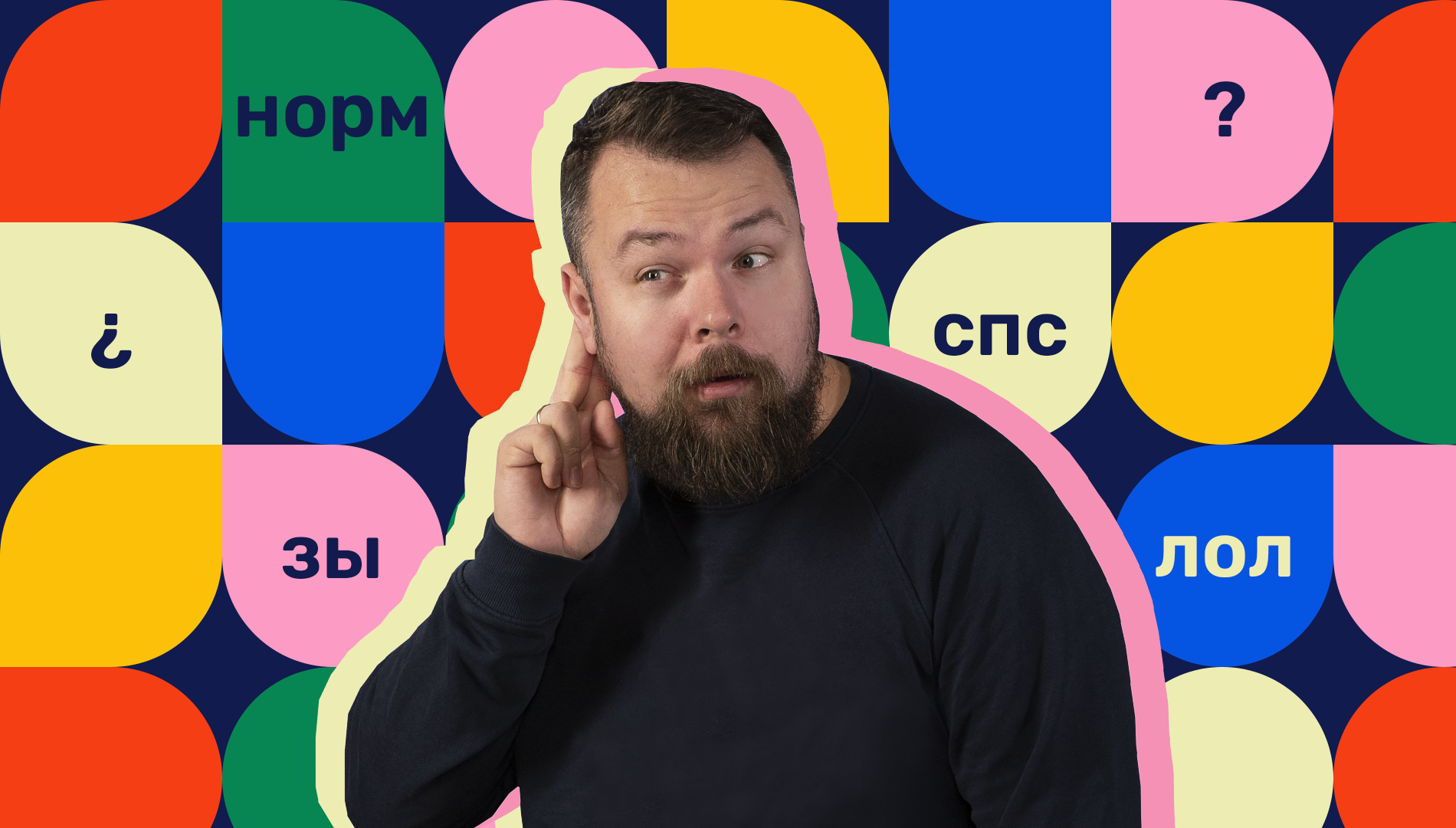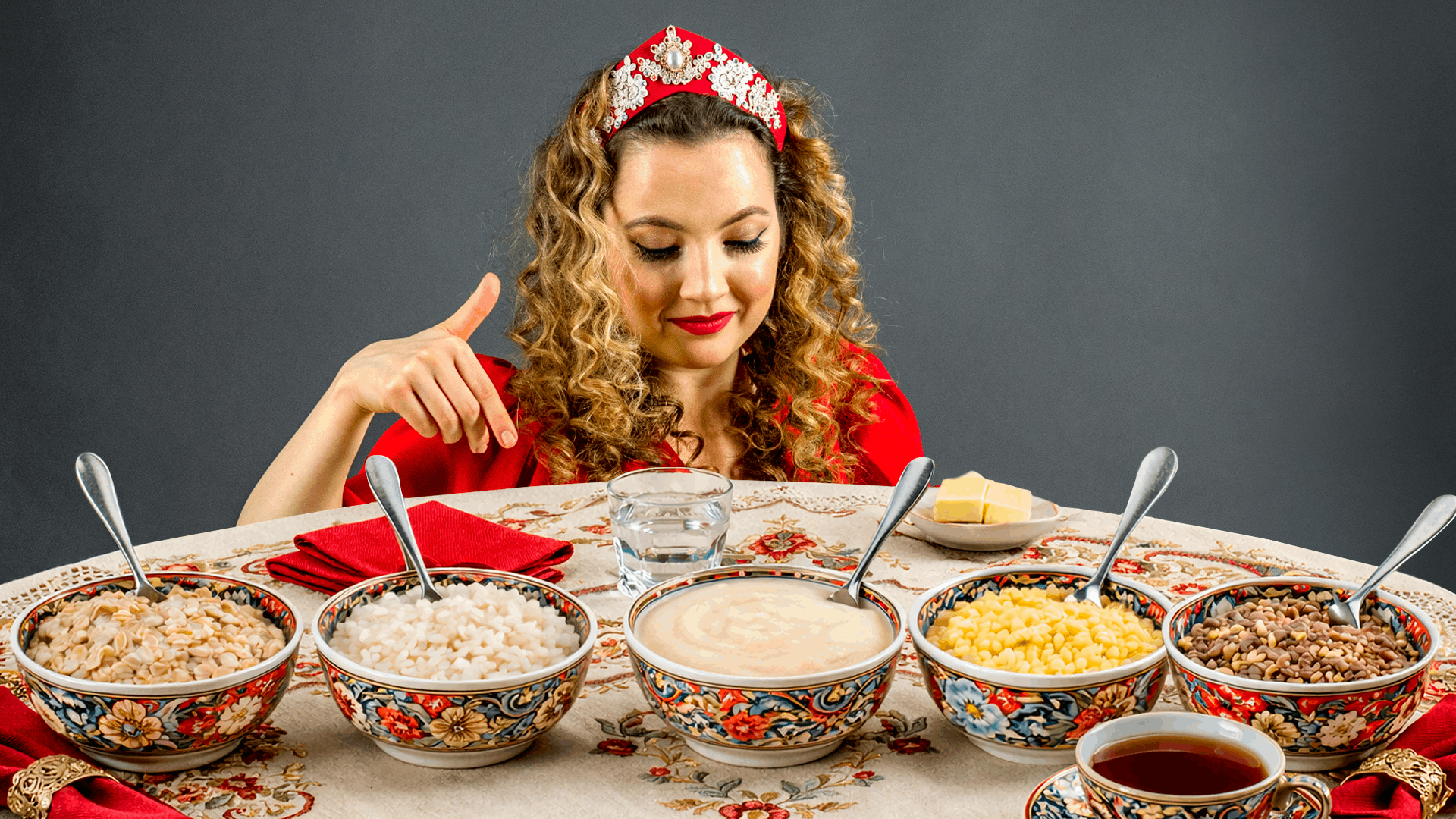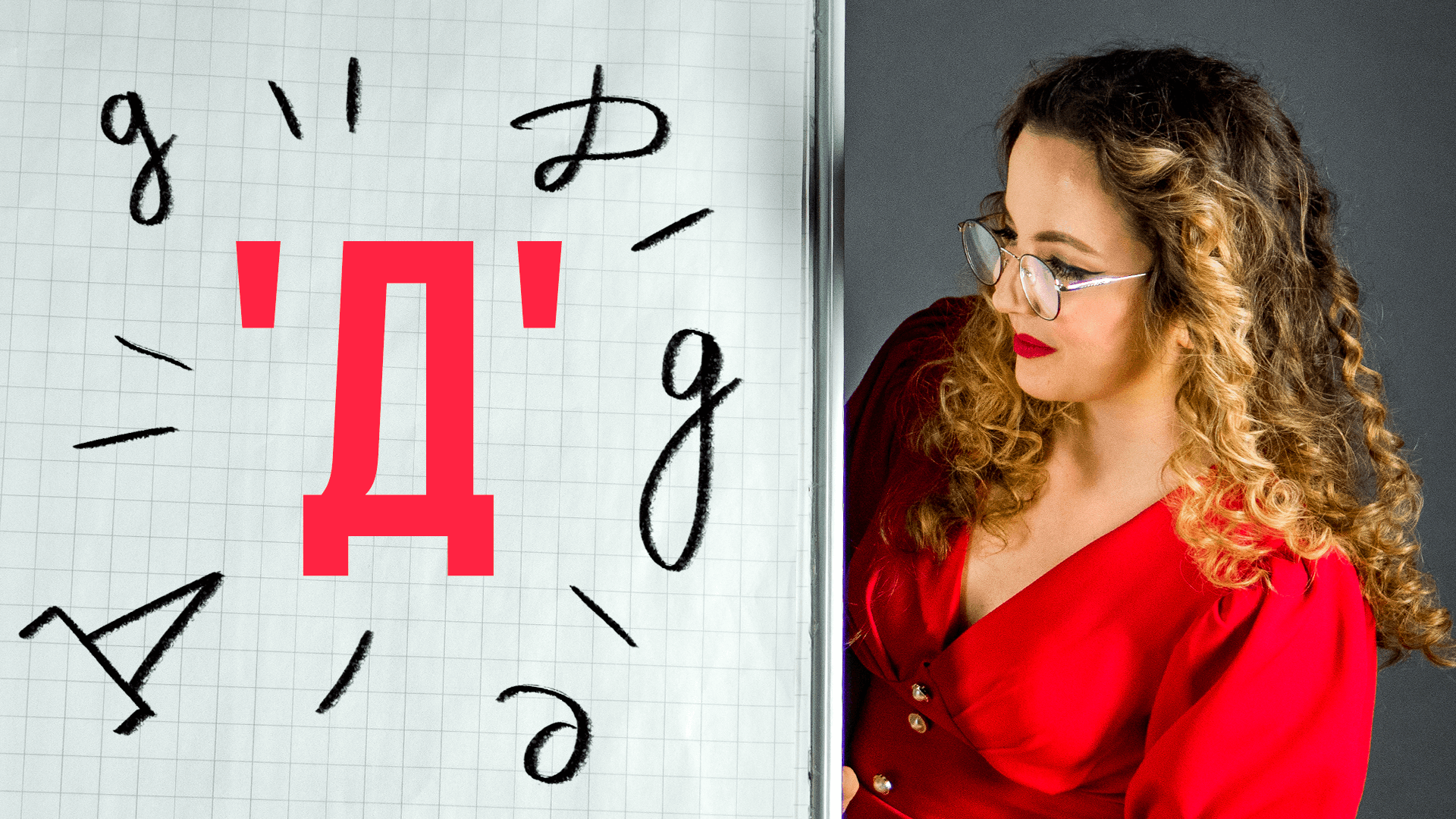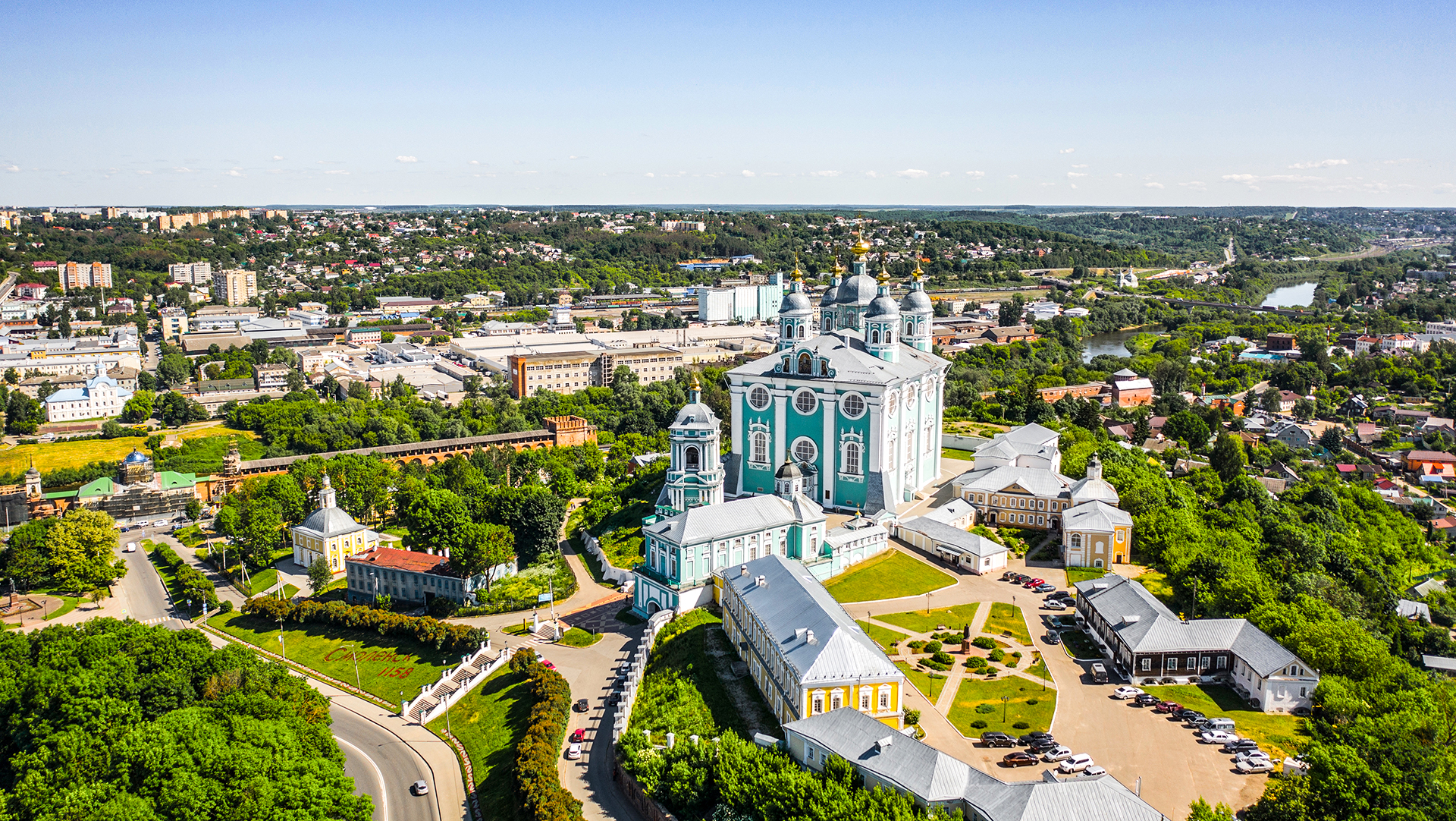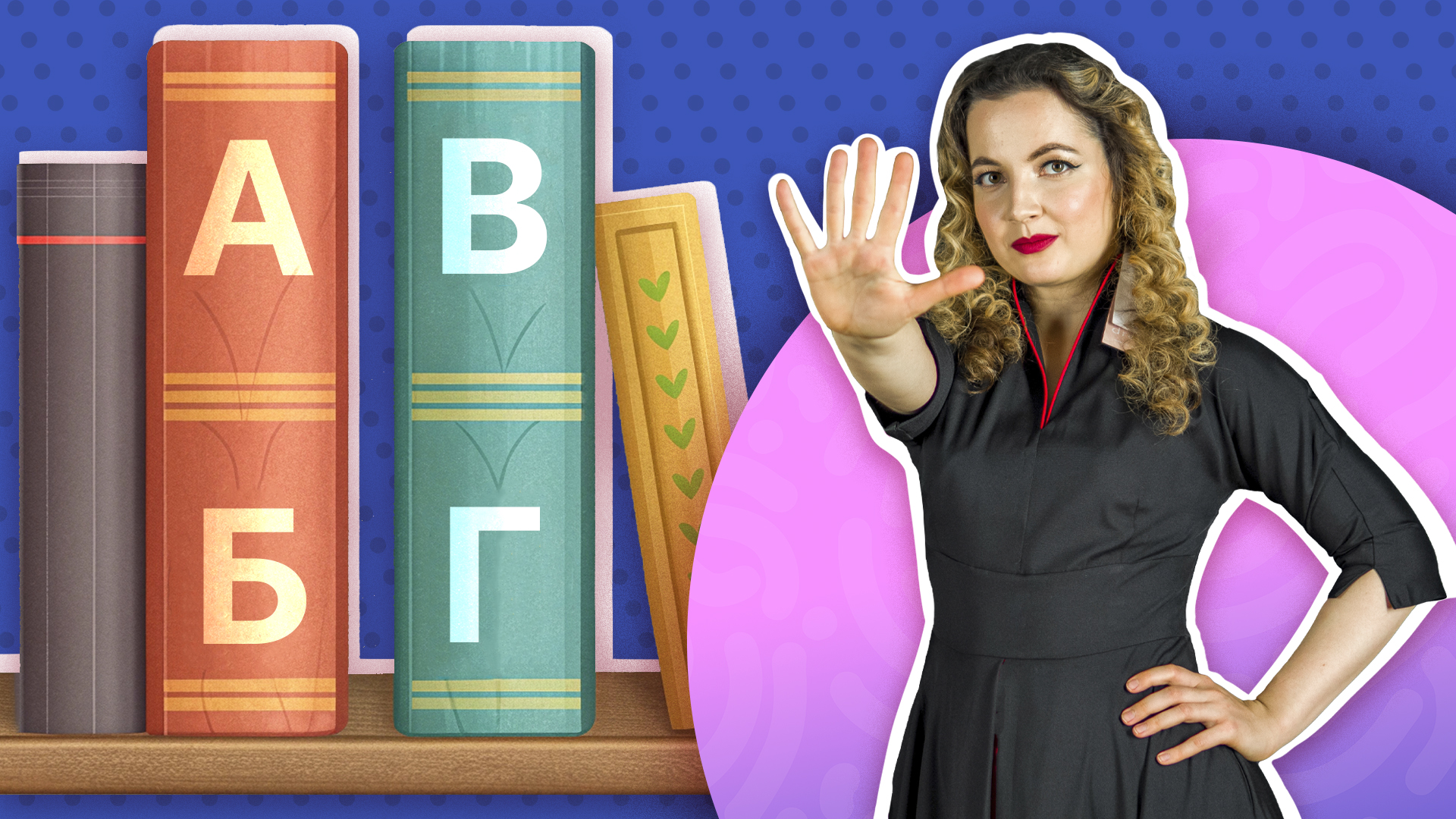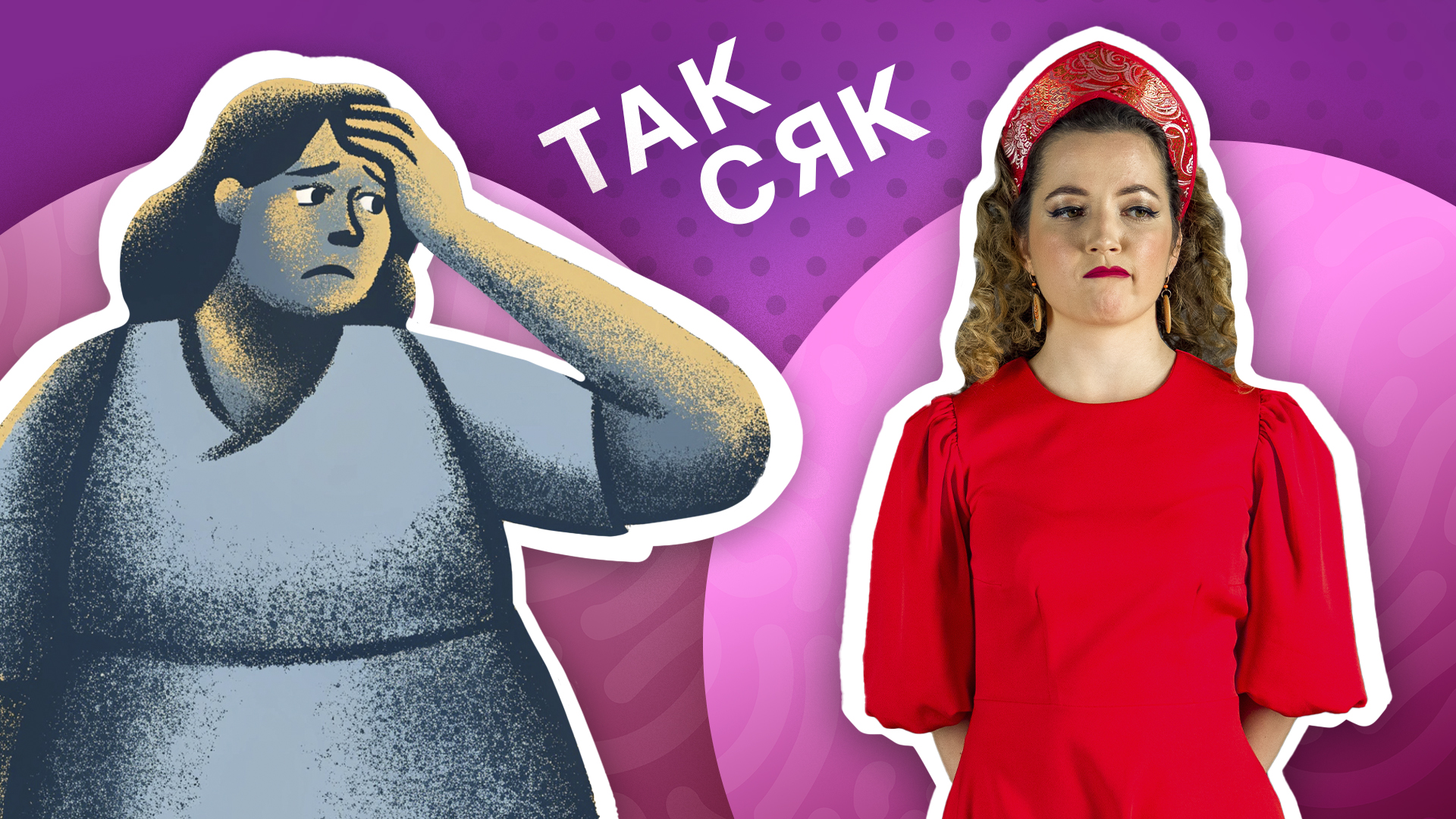
Why do Russians say: «With a light steam»?

In the old days, visiting a banya (bathhouse) was fraught with a certain danger. This is because they were heated "black" (“po-chernomu”): the smoke from the stove used to heat it wouldn’t escape through a chimney, but would remain inside and mix with the steam. As a result, people could be poisoned by "heavy steam" or, as they say today, carbon monoxide. So, people wished each other a ‘light steam’ to avoid trouble.
This saying was also due to the fact that the hottest part of the banya was the benches under the ceiling. Steam rose there from the hot stones, which would be doused with water. It was called a ‘light steam’ if it rose quickly. So, strictly speaking, they wished each other good steam.
In ancient times, the banya was also a proven remedy for various ailments and people visited it before major religious holidays: the steam room cleansed not only the body, but also the soul. People also wished for a ‘light steam’ to protect them from the pranks of the ‘bannik’, a house spirit who inhabits the banya. He could steam a person to death if he was angered by something – all it took was arriving at the wrong time, such as at night.
After leaving the banya (and, today, the bathroom, as well), people are greeted with the same words: “С легким паром!” (“S legkim parom!” or "With a light steam!") It’s the typical way to wish them good health!


